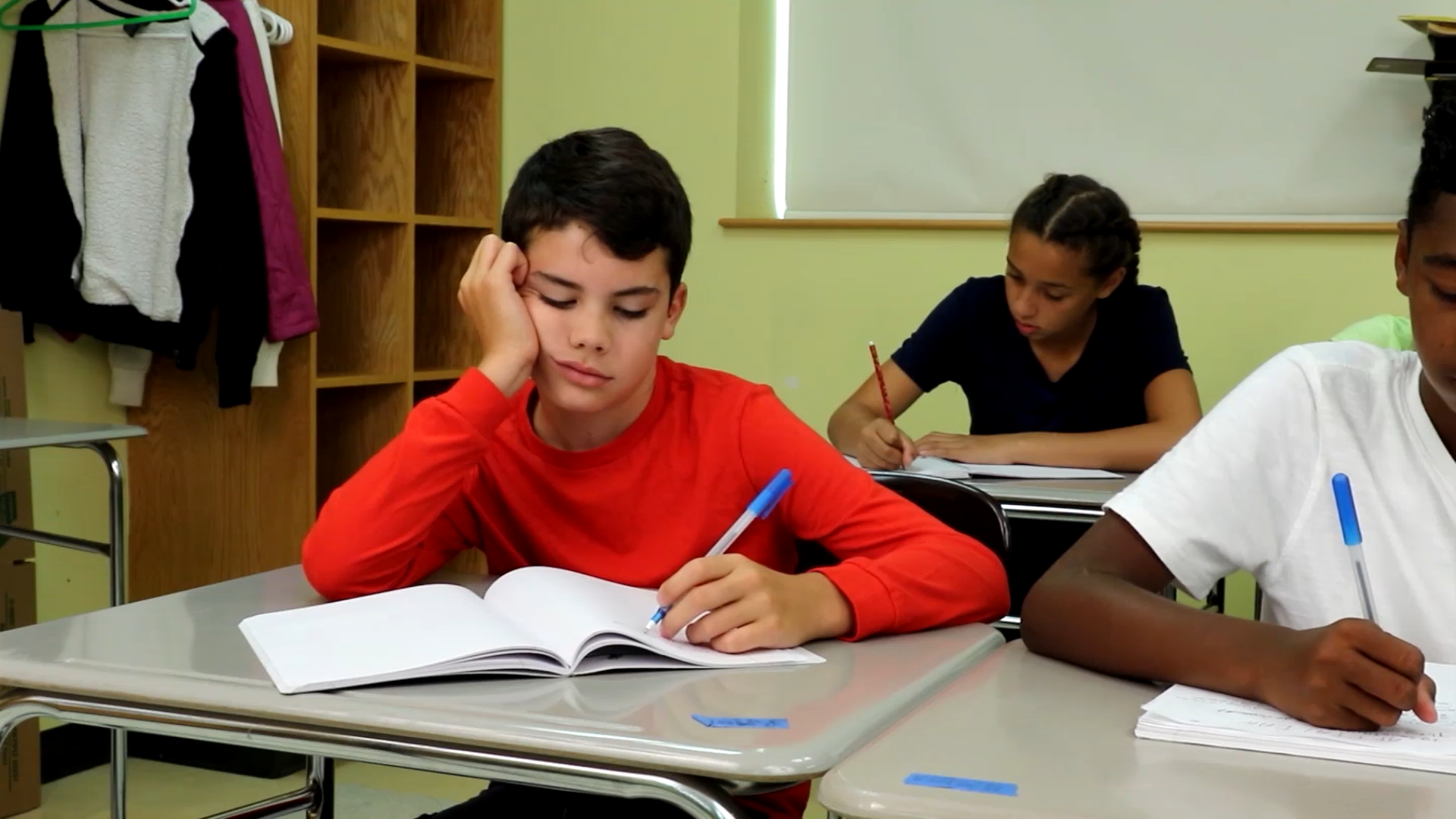
Introduction
Teaching young children self-control is an essential aspect of their social-emotional development. It helps them understand their emotions, manage their actions, and develop healthy coping mechanisms. This blog post will discuss an easy no-prep activity to help PreK students recognize their feelings and take steps to regain self-control, followed by discussion questions, related skills, and next steps for further exploration.
No-Prep Activity: The Body Check-In
This activity requires no preparation or materials from the educator and can be done in any setting. Here’s how it works:
- Ask students to sit quietly and close their eyes.
- Have them take a few deep breaths and pay attention to their bodies.
- Encourage them to notice their physical sensations, such as hunger, thirst, temperature, and energy levels.
- Ask students to open their eyes and share their observations with the class.
- Discuss possible solutions to help them regain self-control, such as having a snack, getting a drink of water, or taking a stretch break.
By practicing this activity regularly, students will become more aware of their emotions and learn to take proactive steps to maintain self-control.
Discussion Questions
- What are some signs that you might be losing self-control?
- How do you feel when you are hungry or thirsty? How can you tell?
- What are some ways to regain self-control when you have too much energy?
- How can you help a friend who is struggling with self-control?
- Why is it important to recognize our emotions and take steps to regain self-control?
Related Skills
Teaching self-control is just one aspect of social-emotional learning for young children. Other related skills that contribute to their overall development include:
- Emotion recognition: Identifying and naming emotions in oneself and others.
- Empathy: Understanding and sharing the feelings of others.
- Problem-solving: Finding solutions to everyday challenges and conflicts.
- Communication: Expressing thoughts and feelings effectively and respectfully.
- Cooperation: Working together with others to achieve common goals.
Next Steps
Are you interested in discovering more engaging activities and resources to promote social-emotional learning in your PreK classroom? Sign up for free samples of the discussed skill and others at Everyday Speech. You’ll find a wealth of materials designed to support educators in fostering a healthy and supportive learning environment.

